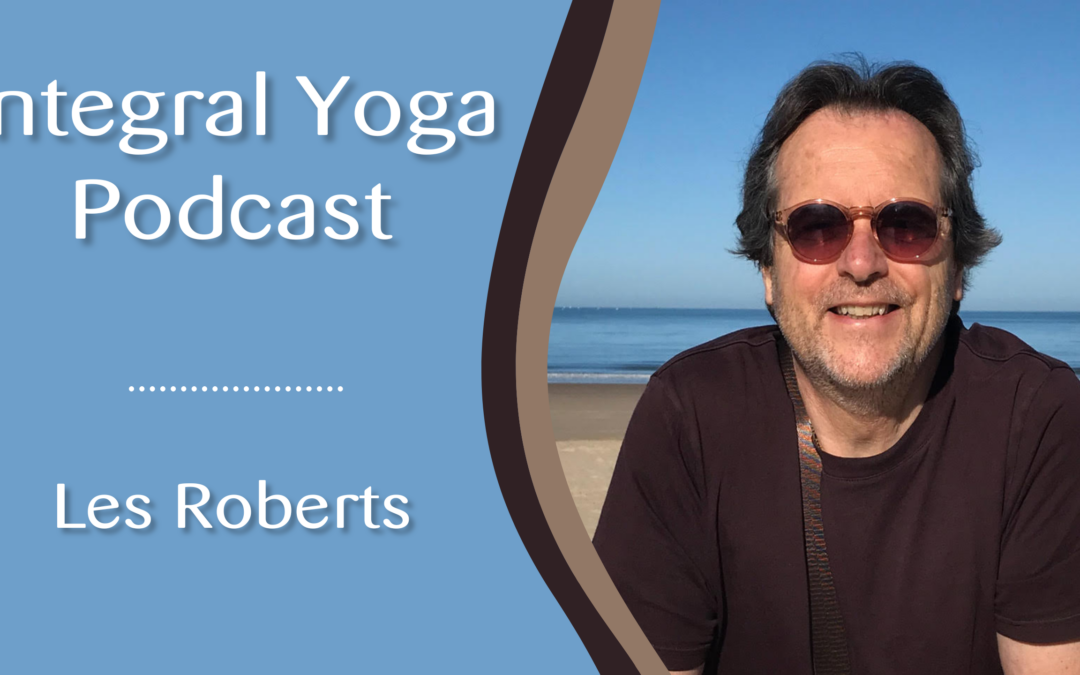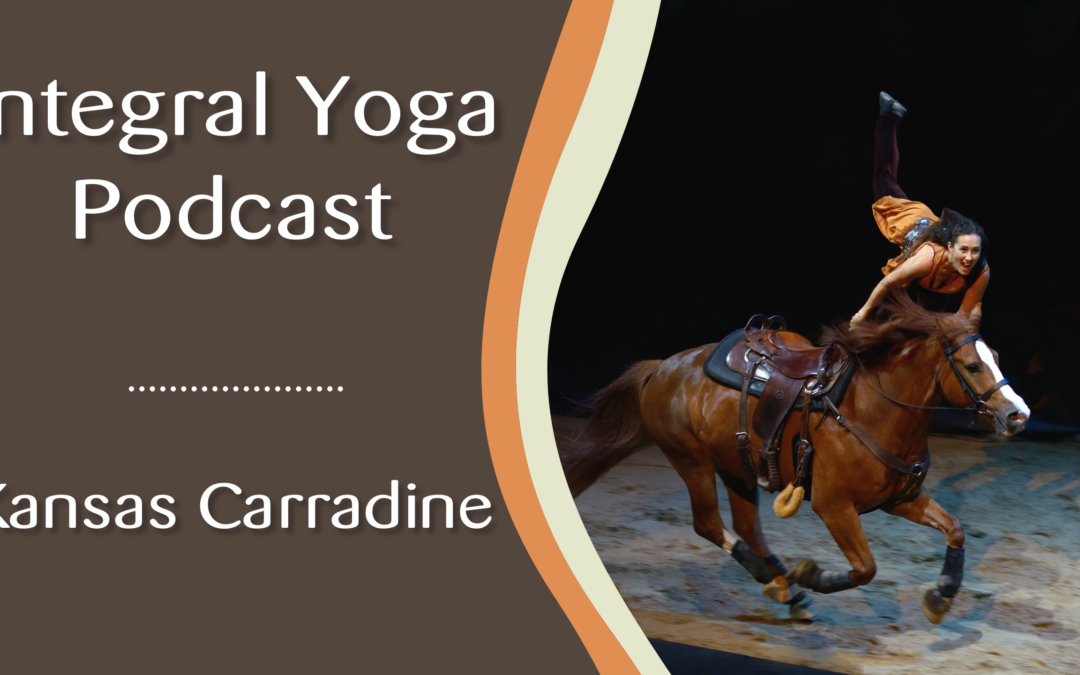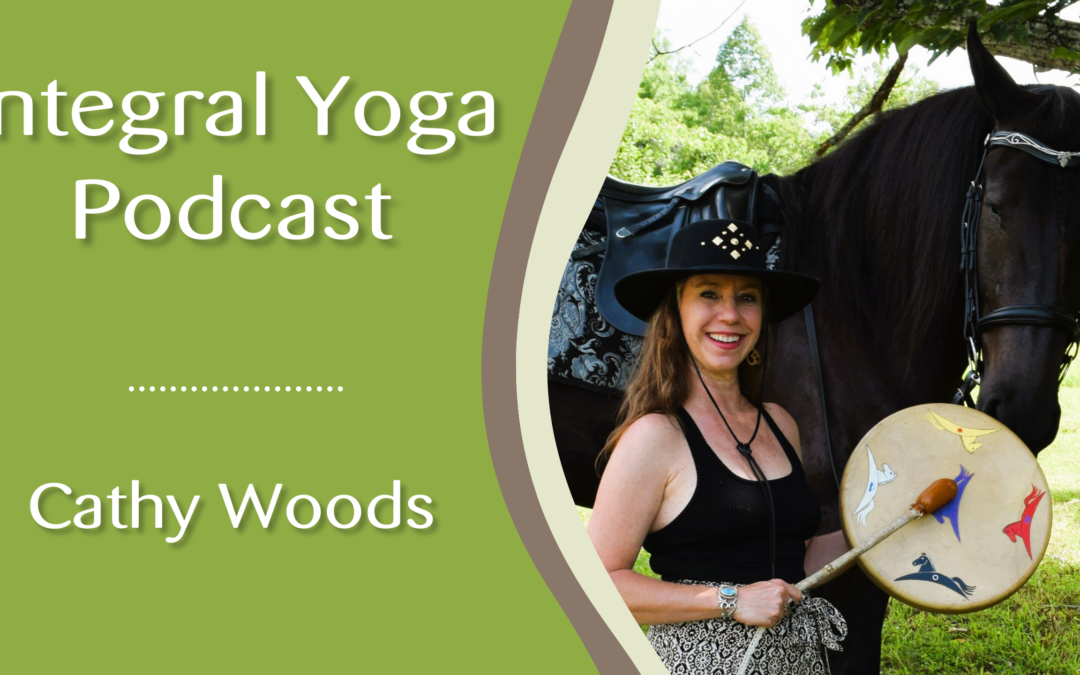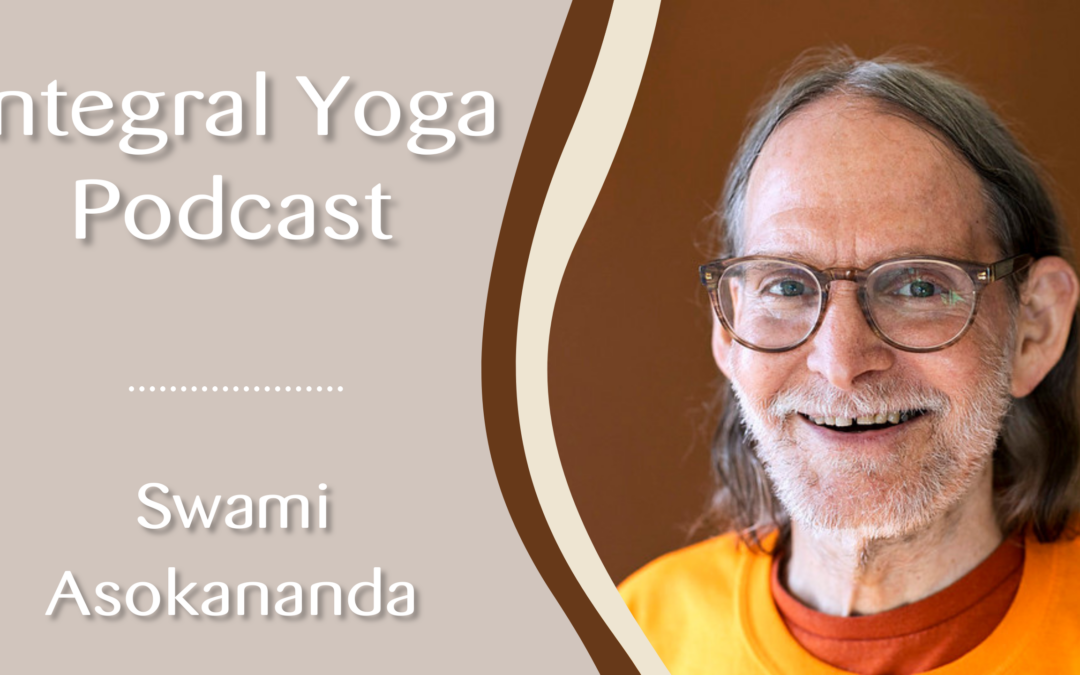In this podcast episode, Carroll Ann Friedmann shares the story behind her book “Practicing the Yoga Sutras,” which stemmed from a decade-long journey of chanting and studying the sutras. Friedmann recounts her initial inspiration in India, where she was taught the art of chanting. This practice continued back home in Charlottesville, where she formed a dedicated chanting group with her students. Through regular discussions and deep exploration of the sutras, Friedmann began documenting her insights, writing consistently each morning for several years. The conversation highlights the organic development of her book, the discipline required for such a long-term project, and the profound impact of yoga on personal growth and community building. — Carroll Ann (Prashanti) Friedmann, BA, MDiv, E-RYT500, was educated at Vanderbilt University, Princeton Theological Seminary, and the University of Virginia. From 2007–2012, she received Yoga training at the Integral Yoga Academy at Satchidananda Ashram–Yogaville (Buckingham, Virginia). From 2013–present she has studied at the K. Pattabhi Jois Ashtanga Yoga Institute with Saraswathi Jois and the Anantha Research Foundation with Dr. M. A. Jayashree and Sri M. A. Narasimhan in Mysore, Karnataka, India. She currently studies and practices Yoga under the guidance of Richard Freeman, MaryTaylor, Ty Landrum, and other classical teachers. She and her husband, Liam Buckley, are devotees of Sri Swami Satchidananda. They have four adult children and live in Charlottesville, Virginia, where they own and direct Ashtanga Yoga Charlottesville and the Ivy Yoga School. They teach asana, pranayama, meditation, chanting, philosophy, and hold an annual Yoga teacher training.

Why Simplicity Brings Inner Peace | #126 with Les Roberts
This conversation explores the importance of simplicity and authenticity in spiritual practice, emphasizing the value of honoring diverse paths while staying true to one’s own. It touches on balancing technology with awareness, fostering meaningful dialogue across...






